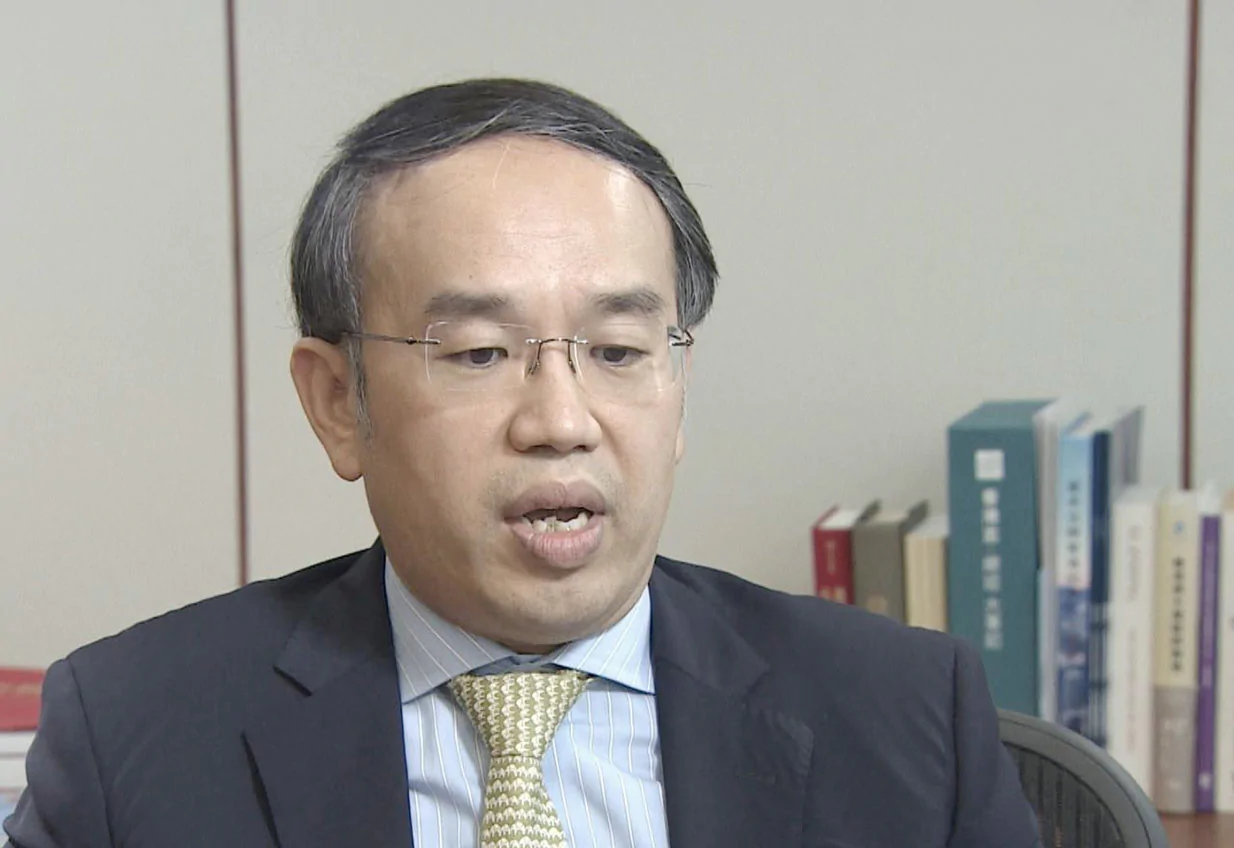Christopher Hui first heard about cryptocurrency from several friends who managed investment funds and invested in virtual assets. Now, as the Minister of Financial Services and Treasury of Hong Kong (FSTB), he is developing a policy direction for the digital assets sector.
During Hong Kong Fintech Week, held in early November, he asked one of his employees if he should purchase his first virtual asset. The Bureau is conducting a pilot offering of NFT tokens as one of the few pilot projects, along with the tokenization of green bonds and the central bank’s digital currency e–HKD.
Although the industry has been aware of the emergence of a regulatory framework for some time, its representatives did not expect a change in position. Many booths and panels at Fintech Week were associated with the metaverse, and leading regulators advocated the return of the city as a crypto hub, among which Hui was the most prominent.
To date, cryptocurrencies are subject to several regulators in Hong Kong. The Hong Kong Monetary Authority is studying stable coins, the Securities and Futures Commission is taking on enforcement responsibility.
The department headed by Hui, the FSTB, establishes a more macro-level approach to regulation. The approach is to place cryptocurrency in the field of financial regulation and signal the possibility of a dialogue on the issue of permits to retail investors within the new regulatory framework.
Hui’s authority and his appearance on the editorials of Hong Kong FinTech Week gives a clear signal about the readiness of Hong Kong regulators to consider cryptocurrencies as part of the economic future.
Hui echoed the views expressed by other senior figures in Hong Kong’s regulatory bodies who believe that cryptocurrency fits into mainstream finance. When asked what he thinks about the fundamental ideals of cryptocurrency, Hui said that he considers cryptocurrency to be an investment tool rather than a desire for freedom from fiat currency.
The most important criterion for the use of digital assets was called their transparency. The authorities are also very concerned about the tokenization of green bonds, which makes what can be a cumbersome process of issuing and investing much more simplified.
Hong Kong has already issued $10 billion worth of green bonds in several currencies, including the US dollar, euro and yuan. The pilot project will focus on institutions and the entire value chain from issuance to settlement, asset servicing, secondary trading and retention.
Hui also said there are many areas where technology can really eliminate bottlenecks, for example by reducing subscriptions to initial public offerings.
Comparisons are often made between Hong Kong and Singapore and the competition between them for business takeover. According to Hui, Hong Kong’s principle of “one country, two systems” is its key distinguishing feature, indicating that the city is part of China, but can independently organize its affairs. He pointed to an acceleration program that allows Hong Kong companies to gain access to industries in China.



































